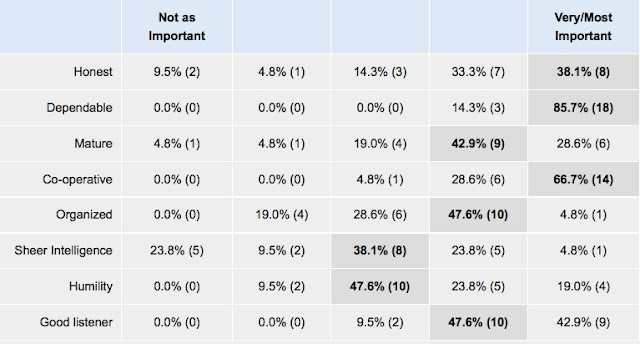So much of our mindscape is dominated by images and narratives that were
not created with our best interests in mind. Billboards we did not ask for
suffocate our roadways; mass media monopolies feed us unhealthy, overly
processed news; advertisements find their way into the most personal of
spaces, mental and material.
not created with our best interests in mind. Billboards we did not ask for
suffocate our roadways; mass media monopolies feed us unhealthy, overly
processed news; advertisements find their way into the most personal of
spaces, mental and material.
This project takes its shape and spirit from
guerrilla tactics, which recognize that successful campaigns against bohemoth
forces do not try to match up in strength and size, but rather seek out cracks
in the system and exploit them.
guerrilla tactics, which recognize that successful campaigns against bohemoth
forces do not try to match up in strength and size, but rather seek out cracks
in the system and exploit them.
Guerrilla forces utilize their smallness; they
use the shadows; they use surprise.
use the shadows; they use surprise.
For this project you are asked to use guerrilla tactics in one of two ways:
1) Rename / Reframe a rhetorical element in our everyday surroundings;
2) Inform others on the persuasive forces that are working on them.
Go ahead and rename all the euphemisms that act as placebos, keeping us from
confronting truth. Habitat loss? Clean coal? Smart bombs? Or reveal to
someone how patriotic appeals are used to sell them everything from gum to
war. Or show how an ideograph like “freedom” is often used as a vague
referent charged with emotion but short on precision. Do you find “sound
science” to be a carefully calibrated phrase to undermine the credibility of
climate scientists in general? Show us. Show others.
1) Rename / Reframe a rhetorical element in our everyday surroundings;
2) Inform others on the persuasive forces that are working on them.
Go ahead and rename all the euphemisms that act as placebos, keeping us from
confronting truth. Habitat loss? Clean coal? Smart bombs? Or reveal to
someone how patriotic appeals are used to sell them everything from gum to
war. Or show how an ideograph like “freedom” is often used as a vague
referent charged with emotion but short on precision. Do you find “sound
science” to be a carefully calibrated phrase to undermine the credibility of
climate scientists in general? Show us. Show others.














